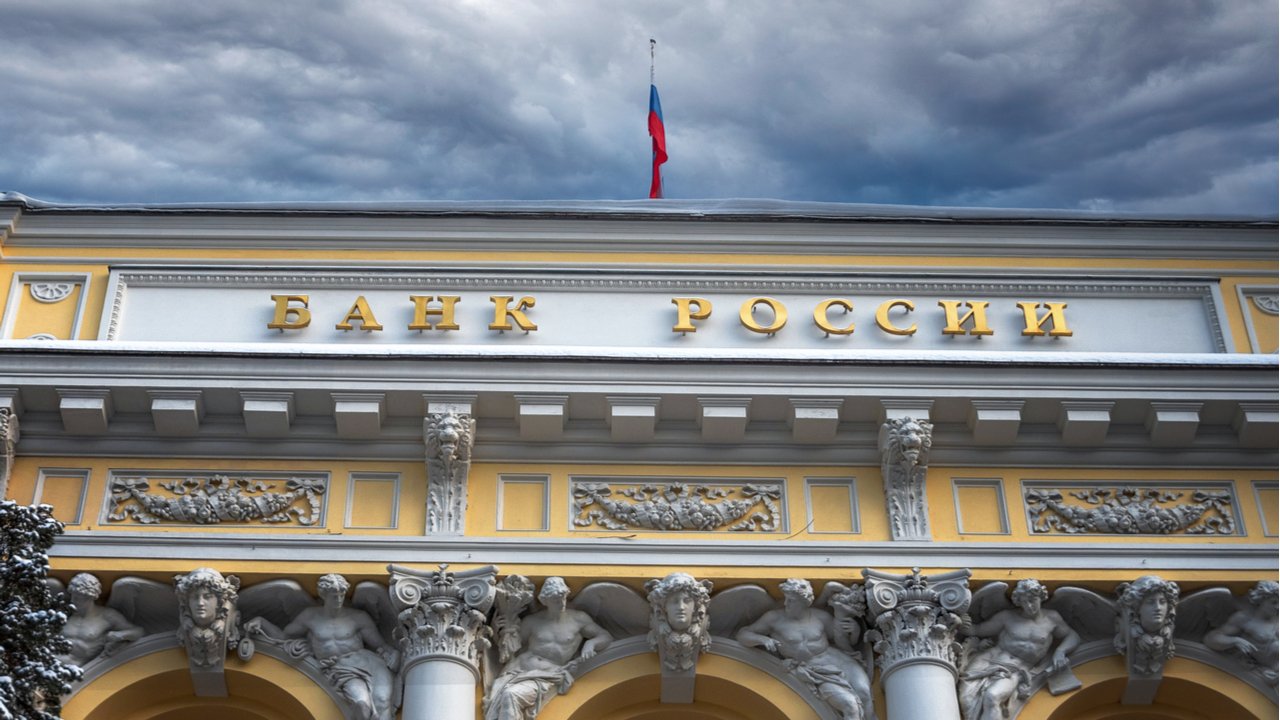Six months ago, the world’s leading central banks prepared for a global reduction in interest rates that would cut borrowing costs and increase lending availability for credit card holders, homebuyers, and company owners.
Rate cuts are “a topic of discussion out in the world and also a discussion for us,” Federal Reserve Chair Jerome Powell said in a press conference last December, when investors were excited about looser financial conditions and the International Monetary Fund worried Powell and company would cut rates too fast and undermine inflation controls.
The joint easing of monetary policy that was inevitable at the end of 2023 has largely failed as major central banks faced higher inflation and stronger economic and wage growth.
The European Central Bank and Bank of Canada made small cutbacks this month.
However, that was mostly to fulfill a promise made when inflation was falling fast, and the atmosphere in Frankfurt, London, Washington, and elsewhere has since changed from “start your engines” to “hold your horses.”
After rapidly raising interest rates in 2022 and 2023 to fight inflation, the initial move to loosen policy will be “consequential,” Powell said at a press conference last week when Fed policymakers projected only a single quarter-percentage-point rate cut by the end of the year, down from three in December and March.
“When we do start to loosen policy, that will show up in significant loosening and financial market conditions,” he said. “You want to get it right.”
Humps along the way
Most economists polled by Reuters forecast only one or two Fed rate cuts this year, down from four in December before Powell startled markets by signaling a quick shift to lower rates. Economic perspectives are more consistent than market pricing.
Six months ago, Reuters economists expected the Bank of England to decrease borrowing prices in the third quarter, aligning with current nearly-unanimous estimates for August. In December, market pricing predicted a first cut in May and three more during the year.
While headline inflation has fallen to near to the BoE’s 2% target, it was substantially higher than predicted in the vital services sector in April, and May’s 6% annual wage growth was roughly double the target.
The BoE is set to hold rates in its last policy meeting under Prime Minister Rishi Sunak, delaying the process to decrease borrowing costs until the new government.
In June, economists accurately predicted the ECB’s first cut. Again, market pricing has changed dramatically; in December, it projected 140 basis points of reduction in March next year. Market prices barely reflect one more rate decrease this year.
ECB leaders have frequently warned of “bumps in the road” as they bring inflation back to target, and by saying early on that the first cut would not occur until June, signaled markets may have been ahead of themselves.
The “bumps” may now include French President Emmanuel Macron’s snap parliamentary election, which might lead to a far-right government in Paris next month.
But ECB President Christine Lagarde and her team are still optimistic that inflation will fall to 2% by 2025.
“Central banks are managing the trade-off between inflation and economic growth,” ECB policymaker Mario Centeno told Reuters, recognizing that overly tight policy might damage a fragile euro zone recovery.
“Ultimately, the difference between now and a few months ago is small. The Portuguese central bank governor maintained disinflation.










































Comment Template